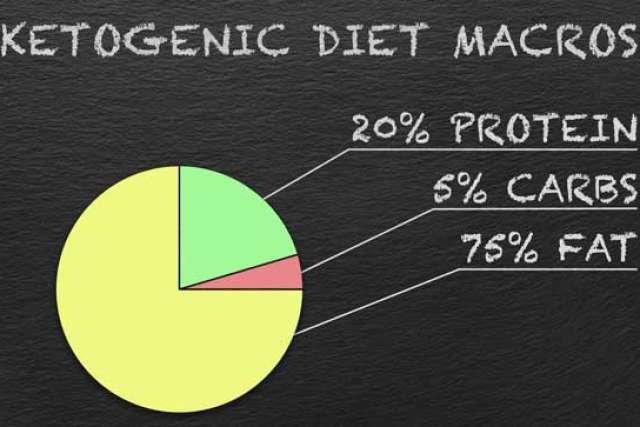Dear Doctors: Our 23-year-old son was diagnosed with bipolar disorder. He’s good about taking his medications, but he struggles with the side effects. We recently read that a ketogenic diet may be helpful. We would be grateful for any information you can share about this.
Dear Reader: A ketogenic diet is one that strictly limits the carbohydrates someone consumes, thereby causing the cells of the body to change their primary source of energy. Plan A is to use glucose for energy, which our bodies make from the carbs that we eat. But when carbohydrates are consistently in short supply, the body will switch to Plan B and use fat for energy. The metabolic process of breaking down fat is known as ketogenesis, or ketosis. It produces compounds known as ketones, or ketone bodies, which become an alternative fuel.
Ketosis is perhaps best-known as the centerpiece of the popular keto diet. However, it has medical applications as well. In the 1920s, before the advent of antiseizure drugs, ketogenic diets were found to be effective in the treatment of epilepsy. More recently, researchers have begun to explore potential benefits in other neurogenerative diseases, such as Parkinson’s and Alzheimer’s. Now, a new study from researchers at Stanford University suggests the metabolic state of ketosis may be helpful in psychiatric conditions, including bipolar disorder.
For those who aren’t familiar, bipolar disorder is a condition in which a person experiences unpredictable and uncontrolled shifts in mood, concentration and energy. Periods of great elation and high energy are followed by episodes of depression that can be quite severe. These extreme shifts can adversely affect judgment and interfere with daily life.
Medications can be effective at leveling out mood swings, but, as your son has experienced, they can also cause unpleasant side effects. These include drowsiness, nausea, dizziness, uncontrolled movement, thirst and headache. The medications can also adversely affect metabolic processes and result in insulin resistance, unhealthful blood lipid levels, high blood pressure and weight gain.
In the Stanford study, 23 people living with either bipolar disorder or schizophrenia changed their diets. They got 60% of their calories from fat and 30% from protein. The remaining 10% was allotted to carbs, with a cap of 20 grams per day. They also continued to take their prescribed medications, which had caused one or more metabolic problems for each of the participants. After four months, lab tests showed that 80% of the people in the study not only saw improvement in the metabolic side effects of the drugs, but they also experienced meaningful psychiatric improvements. In addition, they also lost weight and saw a reduction in visceral adipose tissue, which is the hormonally active body fat that surrounds the organs.
It’s important to note this study was both small and brief. It will take larger and longer studies to verify the success rate and see if the positive outcomes are sustained over time. However, the results are intriguing. Although how a ketogenic diet is linked to these improvements remains unclear, this study adds to the growing body of evidence regarding the close and important connection between brain health and diet.
(Send your questions to askthedoctors@mednet.ucla.edu, or write: Ask the Doctors, c/o UCLA Health Sciences Media Relations, 10960 Wilshire Blvd., Suite 1955, Los Angeles, CA, 90024. Owing to the volume of mail, personal replies cannot be provided.)





